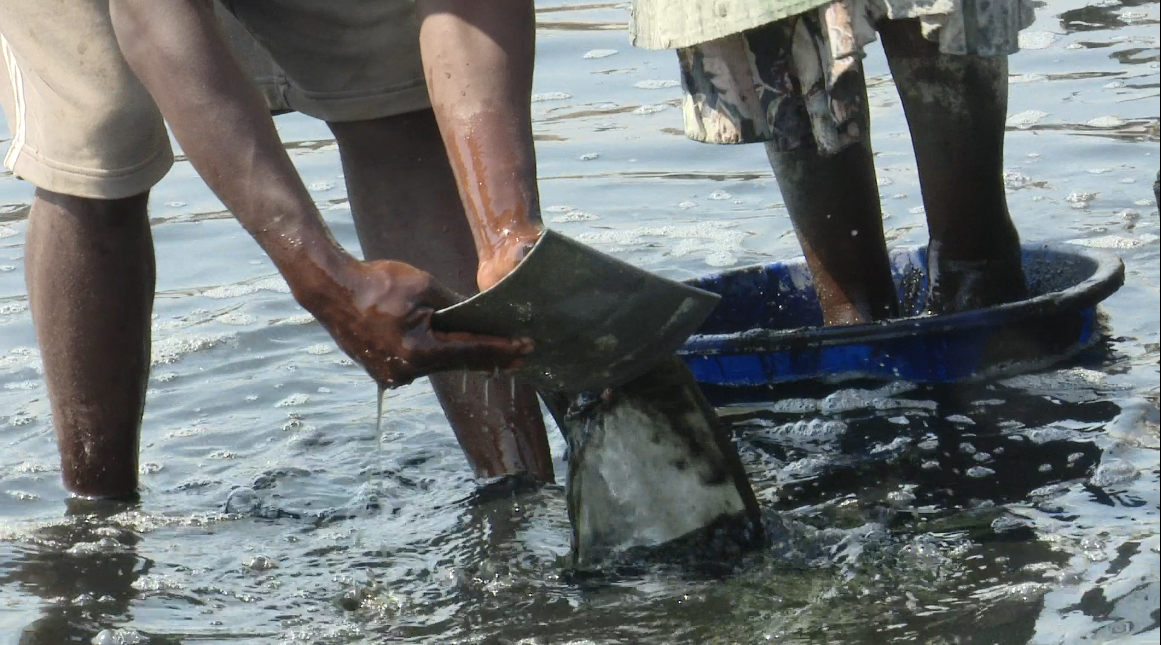Prime
Prof Nambooze: Academic success that changed the region’s history

PROF JOSEPHINE NAMBOOZE
In the same era where a lecturer openly protested against teaching a female student in a mathesmatics class, one girl went ahead to become the first female doctor in the region, changing the course of history that women were not meant to have an education, let alone study sciences, writes Robert Mugagga
There was a time when a male tutor at the university walked out of class in protest because there was a female student that chose to offer mathematics. Vowing not to come back unless she left, he teased about whether she had mistaken the class for a labour ward.
Little wonder therefore that during that time, there were hardly in women in the science professions like medicine or engineering. The highest rank women would attain in medicine was that of a nurse, which has seen people in the villages still refer to even female doctors as nurses while referring to male nurses to as Doctor.
A child is born
It was about that era that in Kampala suburbs of Nsambya, a modest and little known couple-Joseph Lule, a school teacher, and Maria Magadalena Lule, a house wife-gave birth to the first of their later to be 13 children, a bouncing baby girl. It was this girl, named Josephine Nambooze, that would later make history by becoming the first female doctor, not only in Uganda, but in the whole of East and Central Africa.
One of her siblings, James Ssekajugo, a doctor himself working with the ministry of health, says of his sister as having been a brilliant sister that inspired academic brilliance in the rest of them. it therefore came as no surprise when she later earned herself a scholarship to Mt St Mary’s Namagunga for her secondary education from St Joseph Nsambya where Nambooze attended her primary school.
At Namagunga, her desire to do science subjects emerged. The Fransiscan sisters of Namagunga exploited their good relations with the Mill Hill Fathers of Namilyango to make special arrangements for her to have her science lessons at Namilyago College, to have access to more facilities and science teachers.
Going head to head with the male gender
At Namilyago College, Nambooze went head to head with the boys in sciences, succeeding at being the first female student at Makerere University Medical School in the mid 1950s. While in the medical school, Prof Nabooze lived in Mary Stuart hall. At medical school it became clear to her that there was no provision for girls.
During her clinical years she had to stay in the nurses hostel and this was before Galloway was built. On graduating Prof Nambooze received unprecedented. media coverage both locally and internationally. In the field, female patients preferred coming to her due to her novelty and of course being a fellow woman but she would always force some of them to male colleagues so that they could share out the treatment load.
A few years after working Dr Nambooze left for further studies in UK and later USA and later received her Licentiate in Medicine and Surgery at Makerere from the Queen mother, who was then chancellor of London University under which the medicine and Surgery faculty belonged.
Handing down the batton
After completing her postgraduate studies Nambooze returned to Uganda in 1962 and was immediately sent to teach at Makerere’s medical school. She was at the same time in charge of Kasangati teaching health centre where she was the first medical officer. After two years, she became a senior lecturer, later on associate professor and finally full professor. In 2010, Prof Nambooze was among the 10 most outstanding female professors that were honoured by Makerere university.
Receiving her Gender Equality award, she was quoted being grateful to her family for their support, especially with a heavy work load of teaching and research. “Being a woman in academia and professor of public health, I have had to delegate my domestic responsibilities and this has not been easy,” she said.
On Makerere University Medical School’s list of “Notable Alumni”, the Professor is described as physician, professor of public health, maternal and child health specialist and public health consultant.
Recognised and rewarded
For her stainless service to the nation she was in 2011 among those recognised by the ugandan government and awarded during the International Labour Day celebrations. She was recognised alongside others like Prof Alexander Odonga and Prof Senteza Kajubi. At Mengo, she has once served as Minister of State for health.
On the international scene, Prof Nambooze is a former WHO representative to Botswana and Director of Support for Health Services Development at WHO regional offices in Brazaville, Congo.
Now in her 80s, Prof Nambooze is a member of the National Certification for Polio Eradication in Uganda. She also sits on many NGO boards.
=========================================
PROF JOSEPHINE NAMBOOZE’S FIRSTS
• first born of Joseph and Maria Magadalena Lule’s 13 children.
• First female student in medical school.
• First female professor in Africa.
• First woman to head the Public Health Institute in Uganda.
• First name on Makerere University Medical School’s list of “Notable Alumni”.
Factfile:
• Attended St. Joseph Nsambya, Mt St. Mary's Namagunga and Namilyango College (for sciences).
• In 1959 received her Licentiate in Medicine and Surgery from the University of London
and becomes first Africa's female professor.
• In 1962 sent to teach at Makerere University Medical School and at same time appointed head of Kasangati health teaching hospital for the Medical School.
• In 2010 honoured by Makerere university as having been among the 10 most outstanding female professors of all time.
• In 2011 Recognized by the Ugandan government and awarded the nation's Class Five award for her stainles service to the nation.




